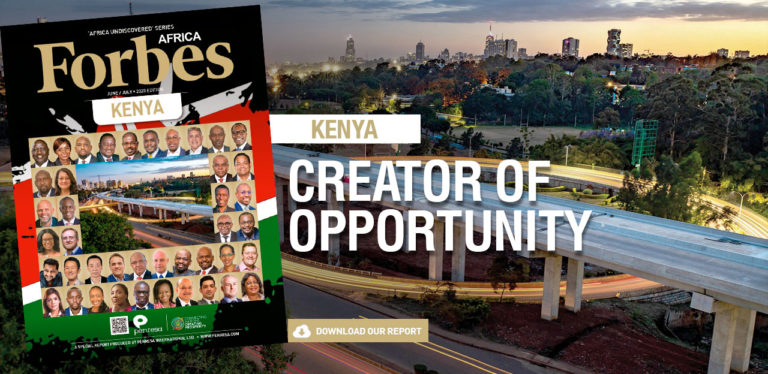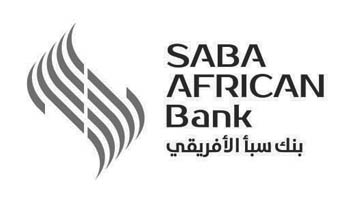Eswatini’s strategic and beautiful location, as well as its governmental policy encouraging foreign investment, exportation and industrialisation has been a means to drive and sustain economic growth in the nation.With agriculture, forestry and mining accounting for approximately 13% of its GDP, and manufacturing (textiles and sugar-related processing) and services representing 37% and 47,2%, respectively, Eswatini’s economy can be said to be highly diversified. Tapping into this advantage, while breaking down administrative and regulatory barriers hindering investment, the new nation of Eswatini, has been making enormous strides towards achieving its objectives of growth and consolidation as a first-world country.
Encouraged to focus on its vast resources, while opening up the game to the private sector, companies are finding ways to undergo necessary expansion in order to sustain the nation’s industrialisation plans and reduce importation. National sugar companies are undergoing US$2.2 expansion plans whereby land under cane is being increased by a total of 4,692 hectares, with the aim of increasing sugarcane production from 476,000 tonnes to 551,000 tonnes. This, in turn, will lead to the need to build more irrigation infrastructure and supply industry with a significant increase in stock and production.
Likewise, Eswatini is drawing on its own energy generation through special emphasis on renewables (such as biomass, solar, wind and hydro) in order to reduce its dependence on South Africa and Mozambique (from which it imports 80% of its power). To that end, the Ministry of Natural Resources and Energy has drawn up a Grid Code and Renewable Energy and Independent Power Producer (RE&IPP) Policy, which aims at transmitting a transparent regulatory system in developing its energy sector. Hon. Peter Bhembe, states: “We are quite hopeful that by 2034, we will be power sufficient within the country: we will import less electricity, which brings stability to the country.” The government’s commitment to changing policy framework upholding stakeholders demands is also underhand in its prolific mining sector.
Due to investment in transport infrastructure, Eswatini can be easily accessed for trade and tourism. With a combination of breathtaking landscapes and wildlife and a rich cultural heritage, Eswatini is a fascinating tourist attraction. Be it to witness the Incwala or the Umhlanga Reed Dance Festival, or visit its range of national parks and game reserves, Eswatini has a variety of attractions on offer for visitors. According to Minister of Commerce Industry & Trade, Manqoba Khumalo, “people need to see that our politics and our culture are the same thing; in Eswatini our culture defines our politics.”
With beneficial incentives for investors firmly in place, and using ICT as enabler to attract digital based business into the country, investors around the world are sitting up and paying attention. Encapsulated by the vision of the King, Eswatini is rapidly shifting boundaries as it becomes a land linking, self-sufficient and efficient manufacturing country. With its technologically advanced state-of-the-art Royal Science and Technology Park in place, as well as its rich culture, deep tradition and paradisiacal backdrop, there is no doubt that Wakanda’s real identity has finally been unveiled.





















